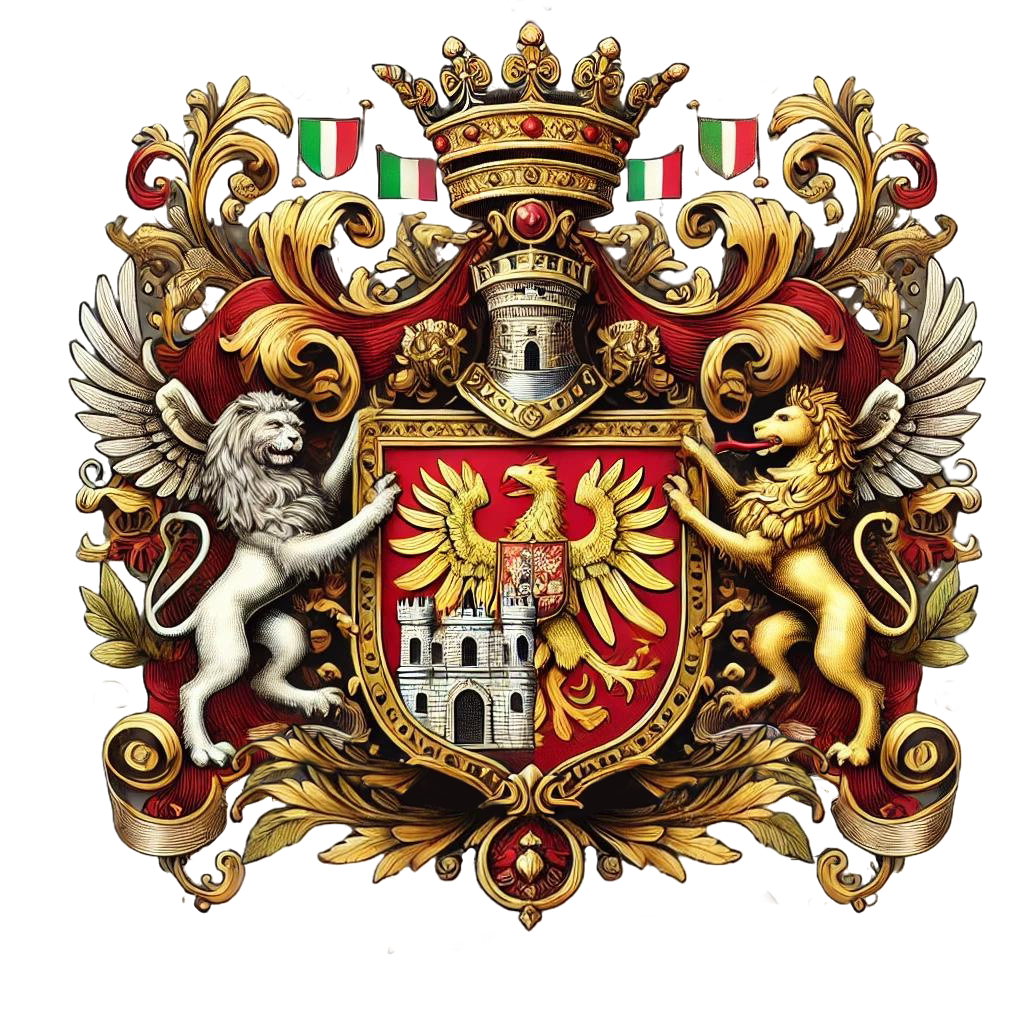The Da Polenta family, also known as the Duchi Da Polenta, was a prominent noble family from Ravenna in northern Italy. Their influence spanned from the late 13th to the early 15th century, playing a significant role in the political and cultural life of the region during a turbulent period of Italian history.
The Da Polenta family originated from the city of Polenta, near Bertinoro, in the Emilia-Romagna region. They rose to prominence when Guido da Polenta, also known as Guido il Vecchio, became the lord of Ravenna in the late 13th century. He successfully wrested control of the city from rival factions, establishing the Da Polenta family’s rule over Ravenna for more than a century.

One of the most famous episodes associated with the Da Polenta family is the tragic story of Francesca da Rimini, daughter of Guido da Polenta. Francesca was married to Giovanni Malatesta, also known as Gianciotto, but fell in love with his younger brother, Paolo. Their tragic love affair became the subject of numerous literary works, including a famous passage in Dante Alighieri’s Divine Comedy, where the doomed lovers are consigned to the second circle of Hell for their sin of lust.
Politically, the Da Polenta family was known for their shifting alliances, often aligning themselves with the powerful Papal States or other local factions to maintain their influence in Ravenna. Under the rule of Ostasio I da Polenta, the family expanded its control over other nearby territories, consolidating its power in the region.
However, internal conflicts and external pressures eventually led to the family’s decline. By the early 15th century, their power had significantly weakened, and in 1441, Ravenna was annexed by the Venetian Republic, marking the end of the Da Polenta family’s rule.
Despite their fall from power, the Da Polenta family left a lasting mark on the history of Ravenna, particularly through their contributions to its political and cultural life.
Italian Nobility Titles
Become a Duca or Duchessa Da Polenta
